UnitedHealth plans to release its electronic health records system in the year 2019. UnitedHealth group a member of the Fortune 500, offers a variety of services to its clients; such as insurance coverage and Optum health services etc. Primarily an insurance company, United Healthcare has a client base of 130 million customers’ worldwide. It rakes in an annual revenue of $200 billion dollars!
From insurance all the way to the provision of Electronic Health Record systems, the company indeed is diving into a very competitive market with an ever increasing pool of competitors. So what can be expected of the EHR system which will be offered by the UnitedHealth Group?
What would the performance be like?
Based on the press releases, the software would propose insights for the best possible treatment to the physicians. It would display medical records on an individual basis; patients would be categorized based on their characteristics, what kind of treatment is being provided to them etc. Little is known about the exact specifications, but the proposed software would be launched keeping in mind the industry requirements.
How the EHR system would be priced?
Considering the information, that we currently have at hand; it is expected that the software would be priced at the market competitive rates.
Read More: NueMD acquired by AdvancedMD
What would they be offering?
Little is known about the value added services which they would be offering. Depending on the size of the company, services offered would indeed strive to meet industry standards.
Would AI be integrated?
Majority of vendors offer the functionality of Artificial Intelligence as a built-in feature which aids in the automation of workflows. However, whether UnitedHealth would offer this functionality, is yet to be determined.
Basics of an EHR:
Let’s go through some of the essentials of an EHR:
Seamless patient portal integration:
Patients should have the ability to schedule their own appointments and contact the physicians at will. They can do this via the patient portal which allows them to be in touch with their progress. Patients can view their records online, request prescription refills etc.
AI Automation:
Artificial Integration (AI) has blended itself in our surroundings; almost every device that is used these days has the functionality. AI has automated many of the tasks which were done manually before; it adapts to the execution style of the workflows of your practice. Some vendors even offer the functionality of KPI dashboards which allow physicians to manage their practice through a single pane of glass. Such functionalities aid physicians in their revenue cycle management; through the generation of potential insights for the purpose of intelligent billing and greater returns.
Related Article: The 3 Most Important Healthcare Trends to Watch in 2019
Availability of Features such as CPOE and CDS:
Clinical Physician Order Entry (CPOE) system is utilized by practitioners in order to manage the inventory of the practice, place requests for the required stock etc. Clinical Decision Support tools (CDS) facilitate physicians in reducing the routine medical errors which take place during the process of seeing patients. Based on the healthcareitnews.com’s report, 10 to 30 percent of the medical errors which take place are diagnosis errors which could be avoided through the use of CDS tools. Moreover, Physicians can retrieve data rapidly via CDS’ professional search capabilities.
Specialty support:
It is absolutely necessary for an EHR system to include the support for specialty-specific templates and provide custom solutions for different fields of medicine; cardiology, oncology etc. Physicians can utilize the custom clinical notes which aid them in the typing, retrieval and the analysis of patient data.
Conflict of interest:
Due to the nature of the company, being an insurance provider, a lot of vendors are linked with UnitedHealth insurance services. Launching an EHR system could create a rift between the vendors and the UnitedHealth group since they would be in direct competition with other EHR solutions providers. Furthermore, it is possible that UnitedHealth would try to push their product to the users of their services and definitely try to obtain a sufficient market share. This could affect the UnitedHealth Group’s relationships with other vendors, negatively. What would be the aftermath, time can only tell.
In conclusion, UnitedHealth will have to put in a lot of effort for the success of its product; a marketing strategy would be put in place if they aim to survive in a highly competitive market. The launch date isn’t that far now. We can only know for sure about the product when it is available in the market.




More Stories
The Future of Radiology Information System
How To Buy EHR Software in 6 Steps
Information security guide for small healthcare businesses